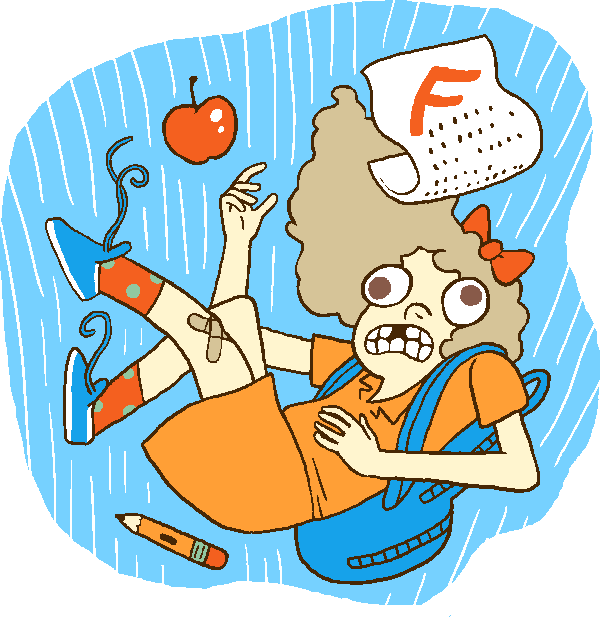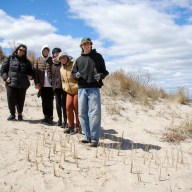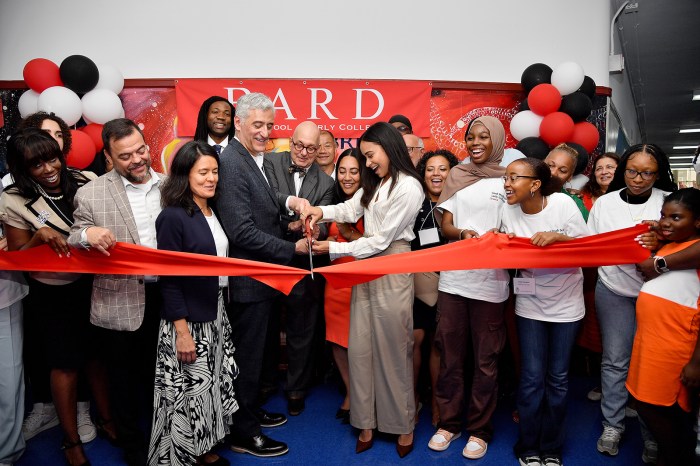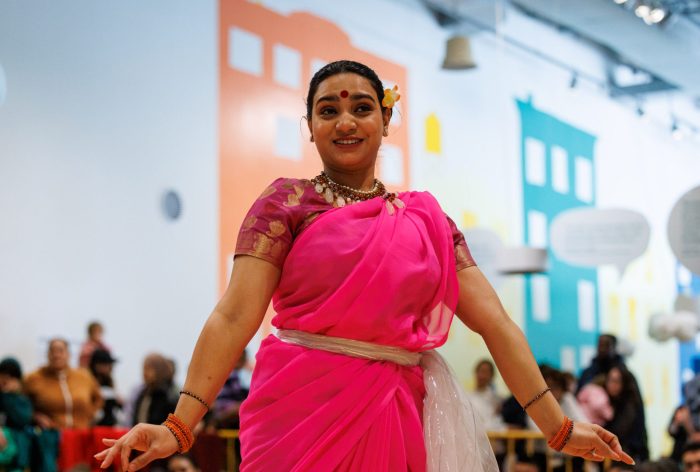I used to think that raising a child would make me a parent. Of course it does, in a sense, but I’ve come to realize that one way to truly earn the title, “Dad,” is by owning a holiday and its customs, separate from my mother, sisters and mother-in-law.
This week is Passover, the Jewish holiday celebrating the liberation from slavery in Egypt thousands of years ago. It is marked by ritual dinners, called seders, where we retell the story, eat symbolic foods and pack as many people into the dinning room as possible.
It took many years and some false starts, but I finally host a seder. It took some doing and a push from my daughters. When they were little we tried the toddler celebration at our synagogue — a perfect one-hour package for the younger set but more like a preschool class than a family ritual. We tried the community seder, too. This was more serious and nice, but each family clustered together forming small islands around a banquet sized table. My girls began asking if we could have our own seder, which we tried, but with just us, it felt pretty lame.
Having no local relatives, I recruited close friends to fill the seats and create new traditions.
Passover is like Thanksgiving in many ways, including familial turf wars and posturing. As a child, my grandparents hosted the first night seder with all their children and grandchildren present. The second night’s seder exposed the fault lines in the genealogical terrain with clans retreating to their own homes, celebrating in smaller kinship units.
Thanksgiving created conflict between my mother and her sister, my aunt. Each year they jockeyed to host the big meal. It becomes very symbolic who’s home everyone goes to, who’s good dishes are put out and who cooks the turkey. It was more than whether we drove to the suburbs or they drove into the city and had to find parking. The master of ceremonies got the bragging rights for a year but, more, they wore the mantel of family leadership until the next turkey was served.
These days, my mother-in-law owns Thanksgiving. Every year, I dutifully schlep the kids up to the outskirts of Boston for three days of festivities filled with cousins and shopping. In this setting, I’m a guest, a child-in-law and a transportation device for grandchildren. At some level it is how I pay homage to her, recognition of her role in my children’s lives and her place in the family. There’s nothing wrong with this arrangement, but sometimes you want to sit at the head of the table.
One year in college a few of us stayed on campus for Thanksgiving, borrowing a kitchen and large dinning room to make our own feast. It was fun, but felt very much like playing at something, each adding some dish or ritual from home, creating a hodge-podge of food and atmosphere, a collective and directionless celebration
For my own children, I’m not playing at it. With a holiday in my home, I’ve become a head of a family, a patriarch. Each year we break out the china and polish some silver, drag out the folding table from Ikea and dig the tablecloths out of the closet. I’m the host and I guide us through a basic service.
We’ve created the real deal, nearly 20 people squeezed together, way too much food, and my teenage daughters and their friends trying to suck down as many of the four traditional glasses of wine as they can. My girls never help as much as I’d like, but more than they want to. Still, they’ve gotten their wish and I’ve gotten mine, our own annual gala.
My uncle always had the air of a wise elder and a commanding presence when he led the family seders. I don’t think I match his knowledge or his gravitas, but I’m at the head of the table and it’s one more way I’ve really become a father.























